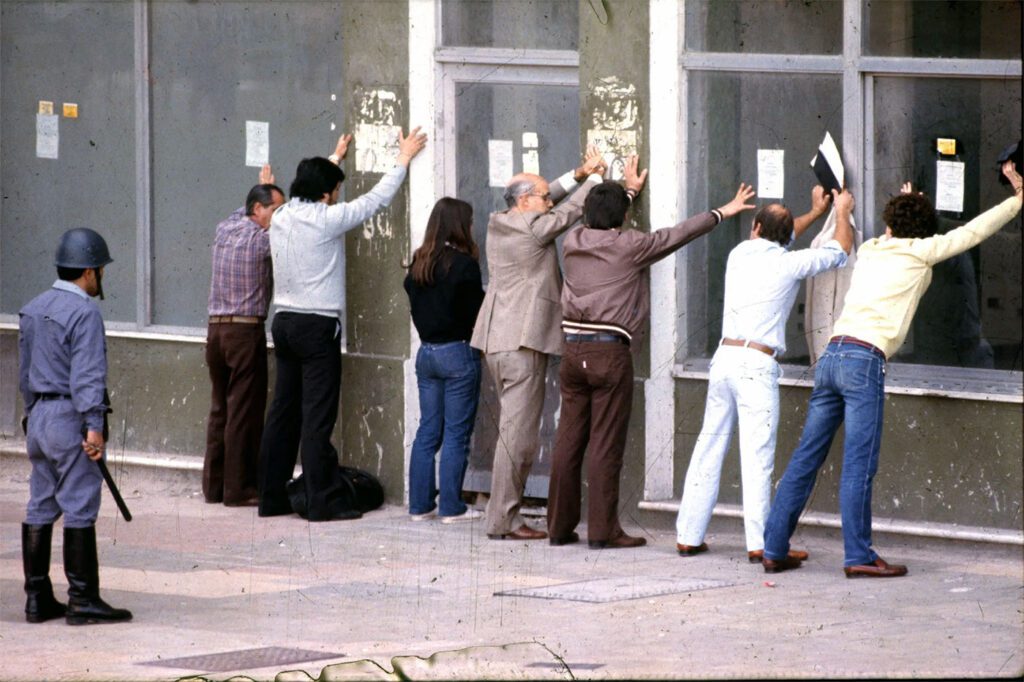In his editorial for La Jornada, Jaime Ortega reflects on the intellectual discourse around fascism in Latin America, particularly during the 1970s, a period marked by military dictatorships and oppressive regimes. He cites Alain Rouquié’s assertion that the label “fascist” often reveals more about the user’s perspective than the actual phenomena being described. Ortega highlights the diverse debates among significant figures of the time, focusing on themes such as the mass movement nature of historical fascism, the extreme use of terrorist violence by these governments, and their subordinate integration into the global economy. He notes that unlike the fascist movements of the 1930s, Latin American regimes were products of dependency rather than expansionism.
Ortega contrasts the Latin American discourse with the situation in Mexico, where the term was used politically to rally support for the PRI during elections. He emphasizes the need for modern discussions on right-wing movements, which he describes as lacking a cohesive future vision, driven instead by nihilism and irrational violence. Ortega argues for a deeper understanding of local contexts to draw connections to present-day political realities, asserting that current right-wing movements are shaped by historical influences they did not choose but that still impact them today.
Overall, the article calls for a critical examination of the left’s past analyses of fascism to inform contemporary political strategies and critiques of the current right-wing landscape.



